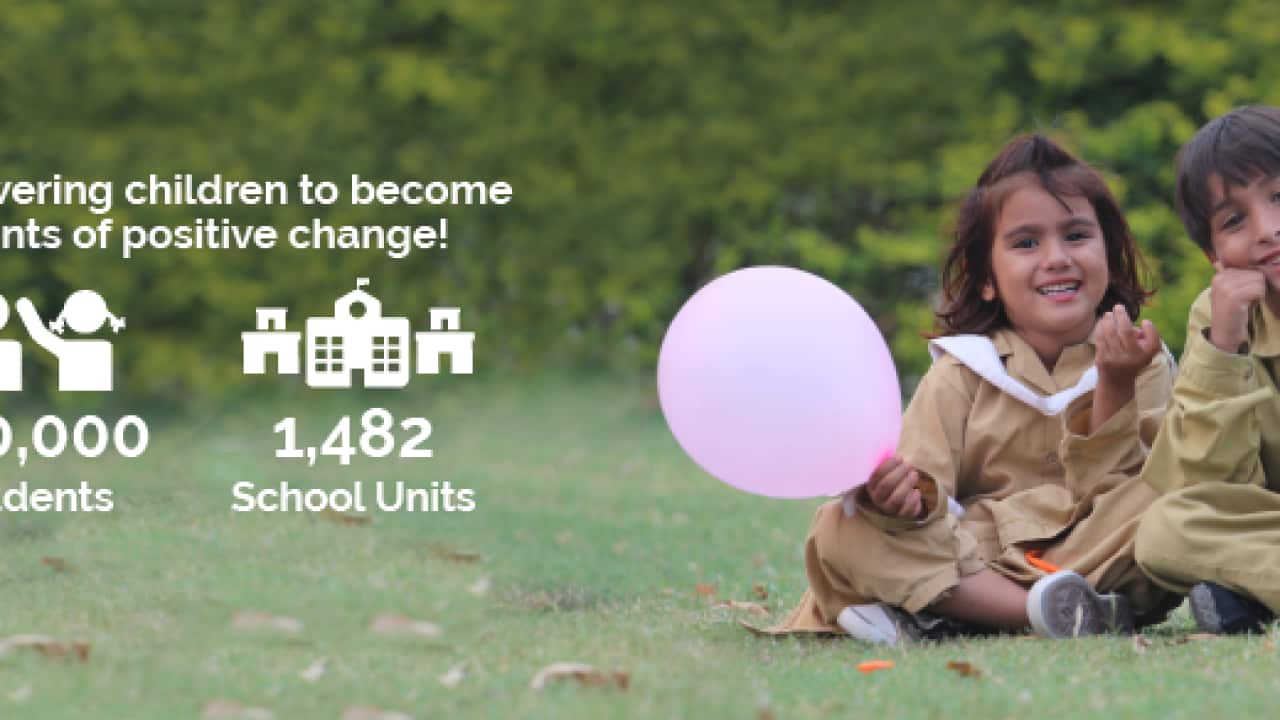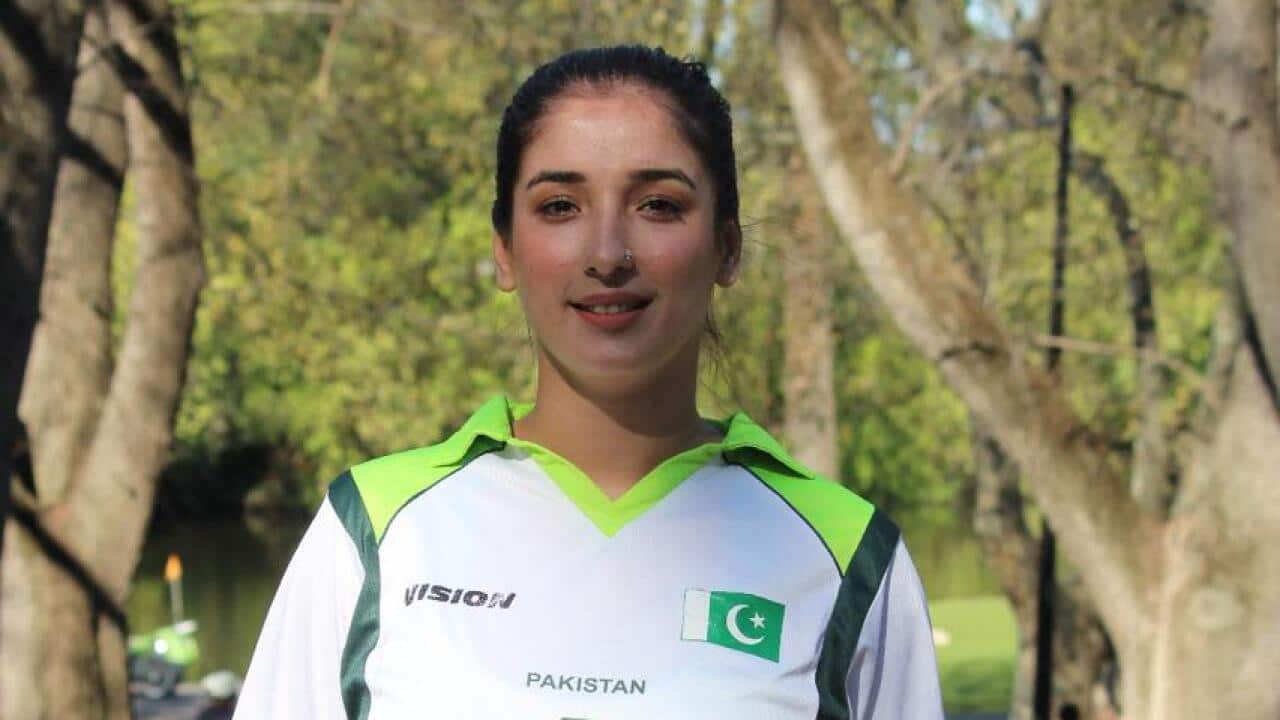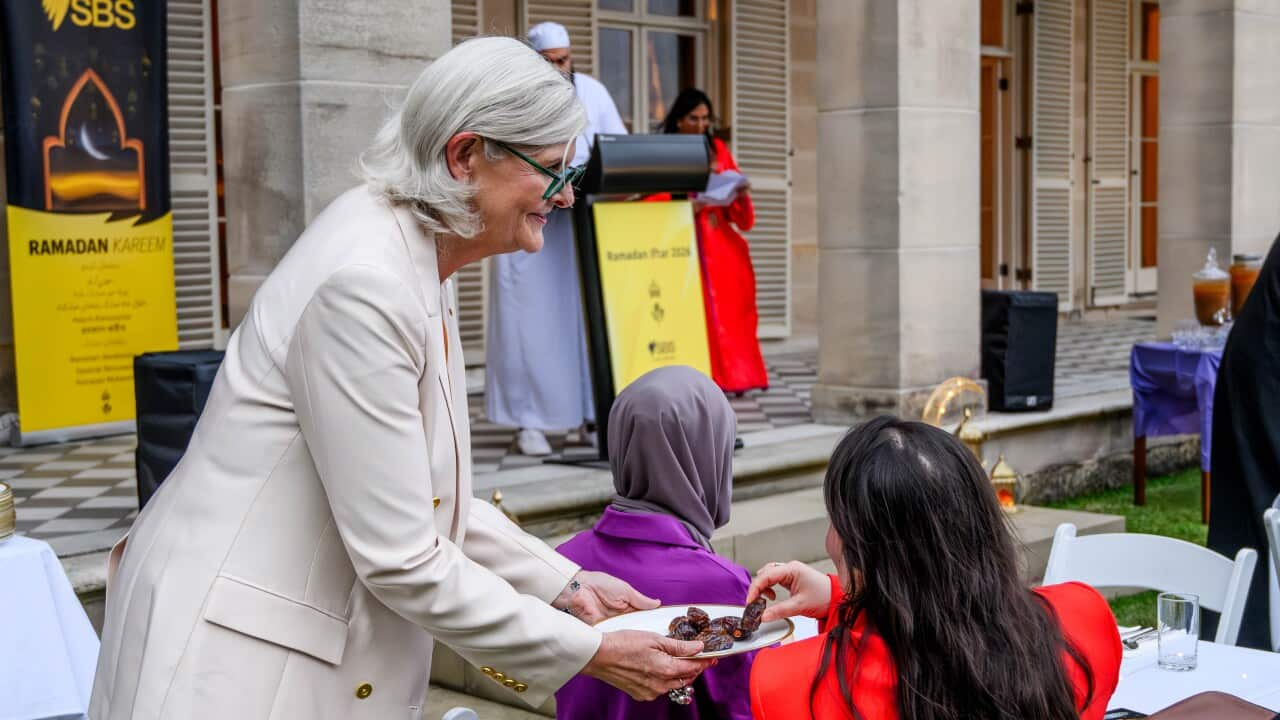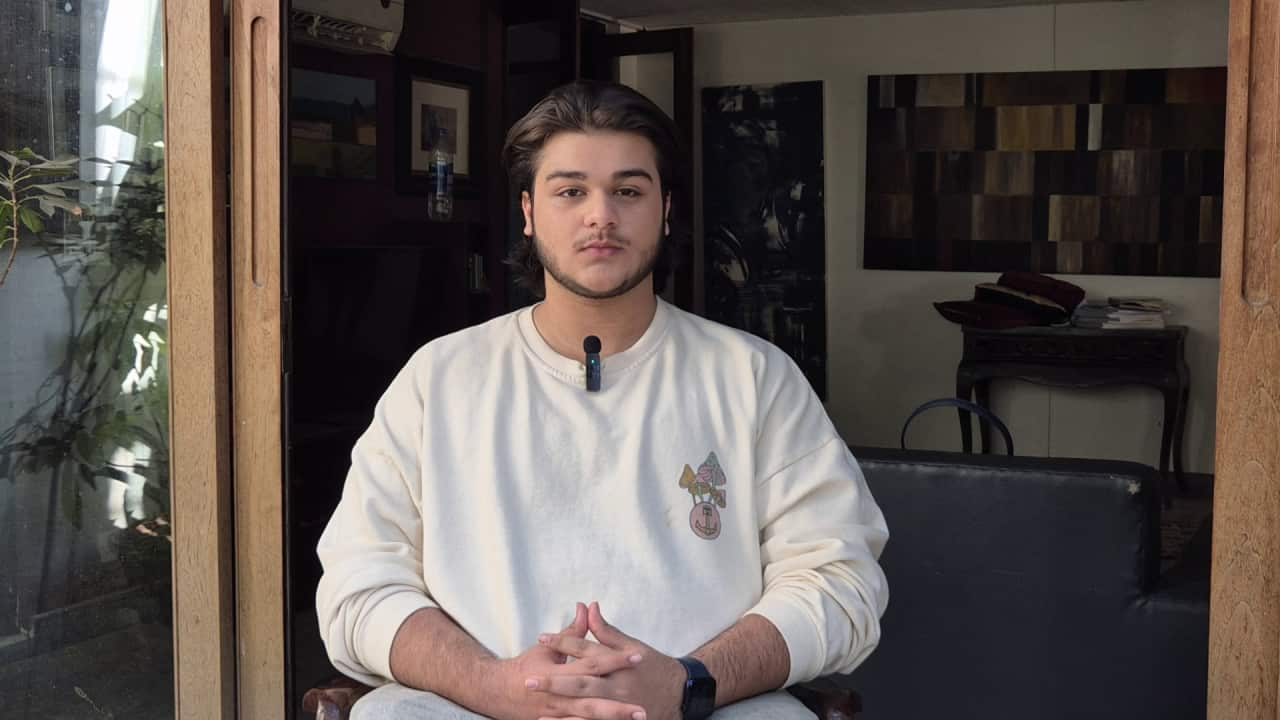Originating from a Pakistani background, Rabia is one of those second generation kids in Australia that made the effort to learn the language of their parents.
She learned the Urdu language, spoken primarily in Pakistan, a few countries in South Asia and the Pakistani diaspora around the world. It was a community school in South Australia run by her parents where she studied the second language.
Rabia says that it is that extra bit of effort in the early days which connected her with her roots.
“The school used to run on Sundays at a primary school in Adelaide. The study books were imported from Pakistan and were part of school curriculum there. So we studied the Urdu language just like someone would in a local school in Pakistan.
“Learning a language is never easy; but once you know it, the advantages are many.”
"Every week tests were conducted to improve our speaking, writing and reading skills. Now I really appreciate all that effort of getting to know the words and phrases which were difficult at that time.”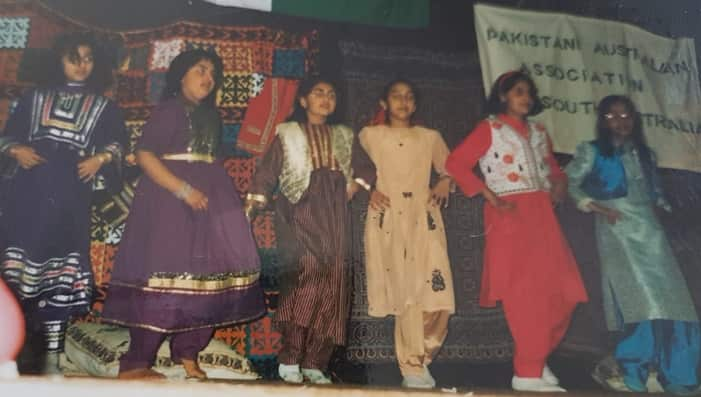
Engaging with roots
Rabia says that learning Urdu has made a massive difference in her life.
“When I visited Pakistan at an early age, I was usually lost as I had difficulty in understanding people. Even reading signboards was difficult. But now I easily blend in as I communicate with everyone and it feels really satisfying.
“My father has always been an avid reader. So he motivated me to read literary books when I was young and now I read various types of Urdu books, magazines, and even newspapers.”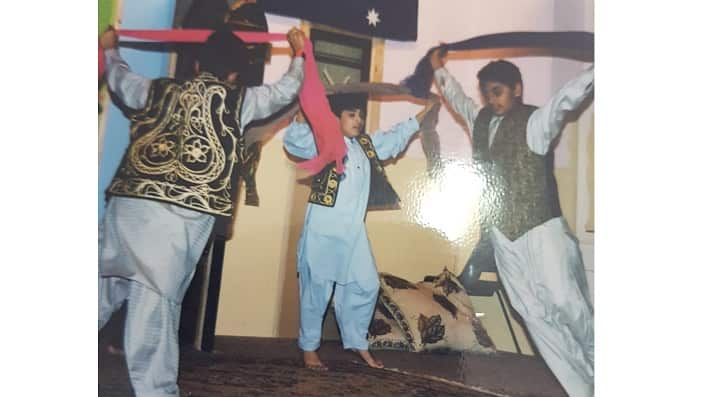
Role of Community School
Every child, born in Australia, learns English as part of the school curriculum. Many students prefer to learn one more language which is usually their mother’s language if it is other than English.
Although several languages are taught in schools at the state level, there are still several of them that are spoken by those who migrated to Australia, yet have not made to the public teaching institutes.
“I am 100%sure that it is very helpful to learn our mother language and read, speak and write it.”
Therefore, children either learn it from their parents or their grandparents.
But some people run community schools to promote the languages from where they migrated from and teach them to their children.
“It is very important to take language classes. If you are not doing it you are missing out a lot.”
“When you will visit Pakistan, you would like to talk to your grandparents and relatives,” says Rabia.
Celebrating Culture
The school where Rabia studied not only taught the language but also held traditional events celebrating culture and traditions.
“We had lots of activities apart from learning classes. Celebrating Independence Day, 23rd March events, Eid festivals and other traditional occasions were part of our school activities.
"We performed at different functions as children groups participating in naat and speech competitions.
"They helped us a lot as I made many friends and that helped in further learning not only the language but also what our traditions are and how to celebrate them."
Connecting past, present, and future
One of the advantages of learning a language is that one can teach it too.
"I am glad that I now speak and read Urdu as I can teach my young daughter what I learned," says Rabia.
“For me, it is essential to impart knowledge to my child. By teaching her that, I can now share many things in our culture and traditions.”
“What if you plan to relocate to Pakistan in future; your language will be the most important skill you will have.”

